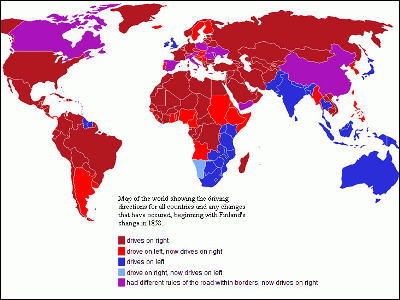Why Singapore became a rich country

In addition to being famous as a tourist destination, Singapore is also influential as a commercial hub where the Asian branches of major companies from around the world gather. Bloomberg explains how Singapore became the economic powerhouse it is today.
Below is a graph comparing the GDP per capita of Singapore (red), the United States (orange), France (blue), and the United Kingdom (purple). We can see that Singapore has a larger GDP per capita than developed countries such as the United States and France.

Lee Kuan Yew, who served as Prime Minister from independence until 1990, worked to strengthen the country's manufacturing industry. Since Singapore has few natural resources, he sought to secure assets by manufacturing products and exporting them to other countries.

Singapore borders the Straits of Malacca, the Indian Ocean, and the South China Sea, making it an important shipping hub, and this location has worked to the advantage of Singapore's export policy.

Manufacturing's share of total GDP grew rapidly, reaching 27% of the total in 1980.

In addition to the manufacturing industry, Lee Kuan Yew also worked to improve public transportation, raise the level of medical care, and establish a stable legal system.

Furthermore, Singapore has placed emphasis on financial liberalization and has successfully attracted foreign companies to set up branches there by setting very low corporate tax rates: Singapore's corporate tax rate is just 17%, and can be reduced to 13.5% if certain conditions are met.
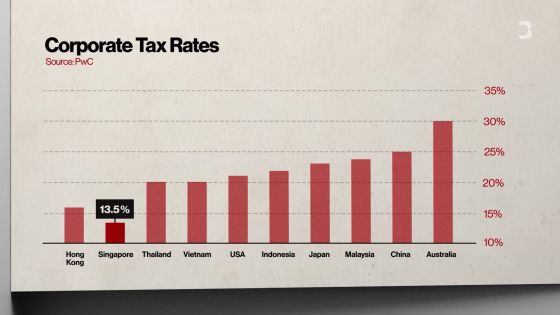
The second Prime Minister, Goh Chok Tong, maintained Lee Kuan Yew's policies and focused on attracting large businesses.
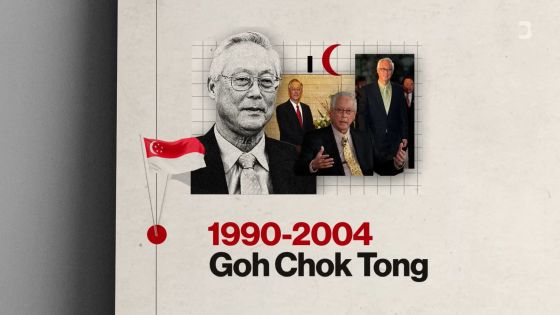
Furthermore, Lee Kuan Yew's son, Lee Hsien Loong, who became the third Prime Minister, successfully increased Singapore's tourism appeal by promoting the establishment of an integrated resort (IR) and an F1 circuit.
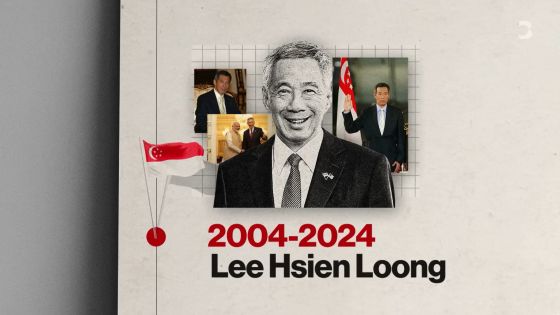
Economic booms in China and India also worked to Singapore's advantage, leading to the construction of a large number of resorts, making Singapore an
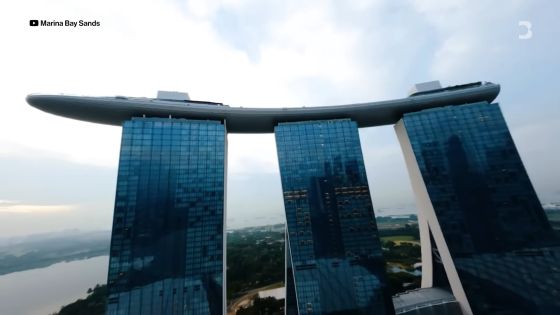
Singapore's assets under management were $420 billion (about 66 trillion yen) in 2004, but are expected to grow to $3.6 trillion (about 560 trillion yen) by 2022.
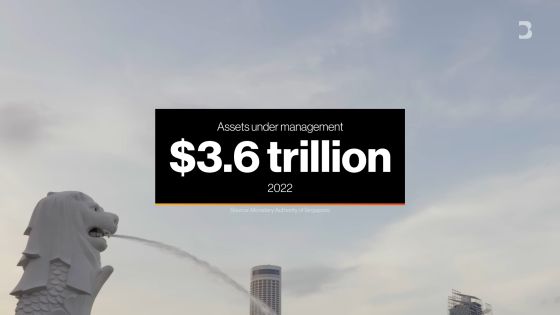
On the other hand, Singapore also has a strong tendency to monitor speech and expression. In 1971, Lee Kuan Yew publicly stated that 'freedom of the press and the press must be subordinated to the overriding priority of Singapore's unity,' and openly implemented restrictions on the press.

Furthermore, as a result of accepting a large number of foreign workers to boost economic growth, there is growing concern among Singaporeans that 'good jobs are being taken away by foreigners.'

In May 2024, Lawrence Wong will become Singapore's fourth prime minister since independence. Attention is focused on whether the new prime minister can maintain Singapore's growth and resolve its problems.
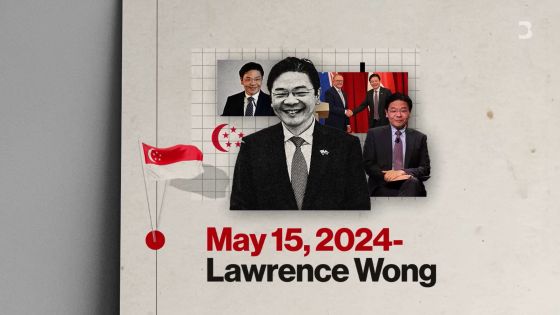
Related Posts:
in Video, Posted by log1o_hf




